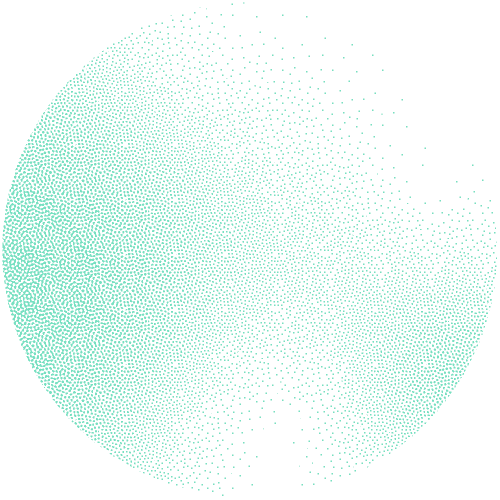ATGCCGGAATTGGCACATAACAAGTACTGCCTCGGTCCTTAAGCTGTATTGCACCATATGACGGATGCCGGAATTGGCACATAACAAGTAC
TGCCTCGGTCCTTAAGCTGTATTGCACCATATGACGGATGCCGGAATTGGCACATAACAACGGTCCTTAAGCTGTATTGCACCATATGACG
GATGCCGGAATTGGCACATAACAAGTACTGCCTCGGTCCTTAAGCTGTATTTCGGTCCTTAAGCTGTATTCCTTAACAACGGTCCTTAAGG
ATGCCGGAATTGGCACATAACAAGTACTGCCTCGGTCCTTAAGCTGTATTGCACCATATGACGGATGCCGGAATTGGCACATAACAAGTAC
TGCCTCGGTCCTTAAGCTGTATTGCACCATATGACGGATGCCGGAATTGGCACATAACAACGGTCCTTAAGCTGTATTGCACCATATGACG
GATGCCGGAATTGGCACATAACAAGTACTGCCTCGGTCCTTAAGCTGTATTTCGGTCCTTAAGCTGTATTCCTTAACAACGGTCCTTAAGG


Galaxy Introduction for Life Scientists



10 March 2023

10 March 2023




For-profit: 450 CHF

This course has been cancelled.
Overview
Galaxy is an open, web-based platform for accessible, reproducible, and transparent computational biomedical research. Galaxy is an open-source platform for FAIR data analysis that gives users access to thousands of tools. For example, you can run a complete NGS analysis from fastq files to publication-ready figures using only your web browser.
This 1.5-day course will give a general introduction on the galaxy web-page structure, how to import data, run tools, share analyses and build workflows. Participants will run a whole NGS analysis using an RNA-seq dataset as an example.
Audience
This course is targeted to any life scientist who wants to learn more about the web-based Galaxy platform and would like to discover its potential to analyze NGS data.
Learning objectives
After the course, participants should be able to use a public Galaxy server for their research and be able to:
- reproduce and share an analysis in Galaxy
- run tools such as FastQC, cutadapt, STAR
- understand their outputs
- interpret the biological results obtained with Galaxy
- reuse public datasets
- extract a workflow from an existing analysis
Prerequisites
Knowledge / competencies
No command line experience or programming knowledge is required. However, familiarity with NGS and genomic data is highly recommended.
Technical
The participants need to come with their Wi-Fi enabled laptop with Firefox, Chrome, or Safari web browser installed. There will be access to the eduroam (and guest) networks.
Application
Registration fees are 90 CHF for academics and 450 CHF for for-profit companies.
While participants are registered on a first come, first served basis, exceptions may be made to ensure diversity and equity. Applications will close as soon as the places will be filled up.
You will be informed by email of your registration confirmation. Upon reception of the confirmation email, participants will be asked to confirm attendance by paying the fees within 5 days.
Deadline for free-of-charge cancellation is set to 10/03/2023. Cancellation after this date will not be reimbursed. Please note that participation to SIB courses is subject to our general conditions.
Venue and Time
This course will be held in person at the University of Bern. On the first day, the course will start at 14:00 and end around 17:00 CET, while on the second day, it will start at 9:00 CET and end around 17:00 CET.
Precise information will be provided to the participants in due time.
Additional information
Trainers: Lucille Delisle (EPFL) and Hans-Rudolf Hotz (FMI, SIB)
Coordination: Monique Zahn, SIB Training group.
We will recommend 0.35 ECTS credits for this course (given a passed exam at the end of the course).
You are welcome to register to the SIB courses mailing list to be informed of all future courses and workshops, as well as all important deadlines using the form here.
SIB abides by the ELIXIR Code of Conduct. Participants of SIB courses are also required to abide by the same code.
For more information, please contact training@sib.swiss.
